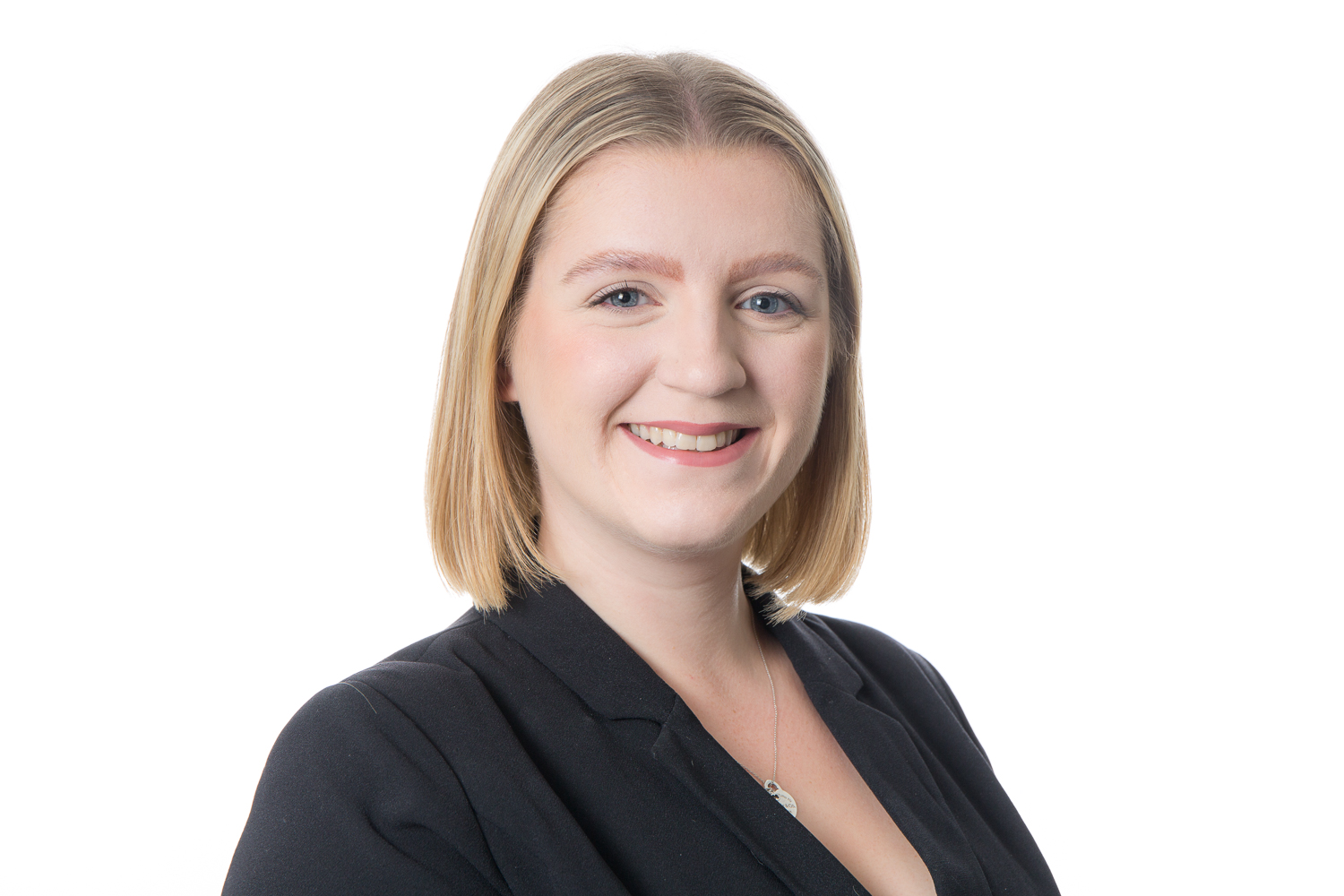Bethany Fitzgerald and Oliver Williams of our Dispute Resolution team explain how winding up or bankruptcy proceedings may assist creditors in recovering debt.
If you are owed a substantial sum of money, you may have considered petitioning to wind up the debtor company, or presenting a bankruptcy petition for an individual debtor, to recover your debt. The purpose of winding up or bankruptcy is ultimately to distribute the debtor’s assets amongst their creditors.
Winding up petitions or bankruptcy petitions are just one potential means of recovering your debt, so it is important to seek legal advice as to the best action to take in your specific situation.
What is a winding up petition?
Under the Insolvency Act 1986 a company can be wound up by successfully petitioning for a Court Order.
Any creditor that is owed at least £750 can petition to wind up a company, so long as they can establish that the company is unable to pay its debts as they fall due.
Creditors must follow certain steps when petitioning to wind up a company. For example, they must ordinarily serve a Statutory Demand, giving the debtor company 21 days to make payment or come to an agreement.
If the 21 days pass with no satisfactory response or payment, eligible creditors can then file a petition with the Court which must be accompanied by a statement setting out the proof of debt.
Ensuring that the petition is handled properly in accordance with the relevant rules and regulations can be difficult and time-consuming. The decision to initiate winding up is therefore very important and creditors should seek professional advice from experienced solicitors before acting.
What is a bankruptcy petition?
If an individual is in debt to you, you must present a bankruptcy petition to Court and the process is somewhat similar to that of winding up a company.
After 21 days have passed since the serving of a Statutory Demand on an individual debtor, the creditor must make a petition to the Court with proof of their debt which must be at least £5,000 or a share of debts totalling at least £5,000.
Similar to winding up petitions, the creditor must prove that the debtor is unable to pay their debts as they fall due.
Creditors should be aware before making a bankruptcy petition that individual debtors may be protected by the ‘Breathing Space’ scheme if, for example, they are in a mental health crisis. During a Breathing Space, which is ordinarily 60 days, the Court will pause most enforcement action and contact from creditors and freeze most interest and charges on their debts – this includes where a bankruptcy petition has been started.
There is therefore an additional level of complexity to bankruptcy petitions and creditors should seek professional advice in any case before acting to avoid incurring irrecoverable Court costs.
What happens after the petition is sent to the Court?
The Court will issue a copy of the petition and the creditor must serve it on the debtor in accordance with the Civil Procedure Rules for service.
Depending on whether the debtor responds to the petition there will likely be a Court hearing in which a Judge reviews the evidence and decides whether a winding up or bankruptcy order is appropriate.
If the Court makes an Order to bankrupt an individual debtor, the debtor’s assets are distributed amongst their creditors. The Bankruptcy Code specifies the order of priority in which creditors get paid from the debtor’s assets if there is not enough money to pay all their claims in full. Creditors with security will generally be paid first, followed by other priority creditors, and then unsecured creditors.
If the Court makes an Order to liquidate a debtor company, that company is unable to trade and control of the company is taken from the directors and given to the Court-appointed Liquidator. The Liquidator is the one who sells the company’s assets to pay its debts. There is a statutory order of priority similar to in bankruptcy which determines who gets paid first from the company’s assets.
As a creditor, it is therefore important to understand the nature of your debt and where it ranks among the other creditors and how much you can expect to recover from insolvency proceedings.
What now?
If you find yourself in a dispute over debt, you should always seek professional advice to navigate you efficiently through its resolution.
For more information on the contents of this article or advice on the issues raised, please contact us to speak to a member of our Dispute Resolution Team.








